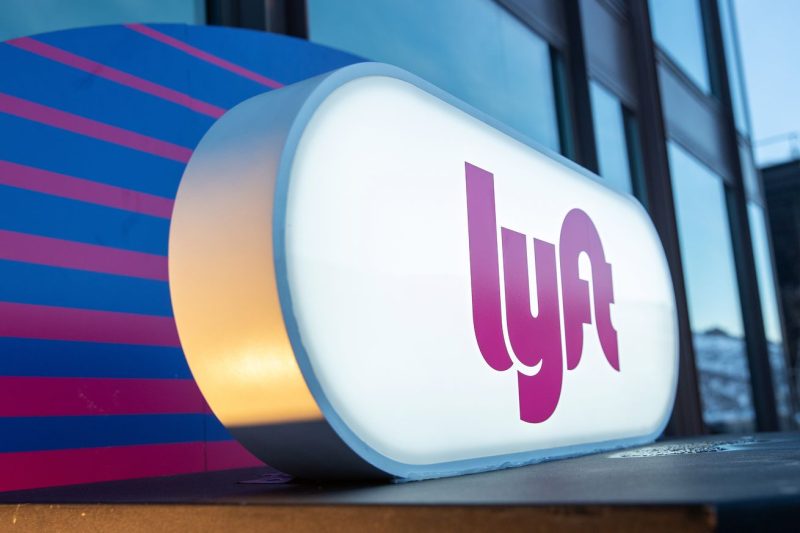Lyft Fined $2.1 Million for Misleading Ads About How Much Drivers Could Make
The ride-hailing company Lyft has recently been hit with a hefty $2.1 million fine for deceptive advertising practices related to the income potential for its drivers. The Federal Trade Commission (FTC) announced the penalty after finding that Lyft had misrepresented the earnings that drivers could expect to make by working for the platform.
According to the FTC, Lyft made false claims about the amount of money that drivers could earn, particularly in certain cities. The company allegedly advertised high earnings without disclosing that these figures were based on a small percentage of drivers who worked exceptionally long hours and in highly lucrative areas.
By not providing clear and accurate information about drivers’ potential earnings, Lyft misled individuals who were considering becoming drivers for the platform. This lack of transparency could have resulted in many prospective drivers making decisions based on false expectations of income.
In response to the FTC’s findings, Lyft has agreed to pay the $2.1 million fine and has committed to providing more truthful and transparent information about driver earnings in its advertising moving forward. The company has also stated that it will take steps to ensure that its marketing practices comply with the law and do not mislead consumers.
The Lyft case serves as a reminder of the importance of truth in advertising, especially when it comes to claims about potential earnings. Companies must be transparent about the risks and requirements involved in any income-generating opportunity to avoid misleading consumers and facing legal consequences.
Moving forward, it is crucial for ride-hailing companies and other gig economy platforms to provide accurate and realistic information about drivers’ earnings to help individuals make informed decisions about working for these services. By fostering transparency and honesty in their advertising practices, companies can build trust with both drivers and consumers and avoid costly fines and reputational damage.

























